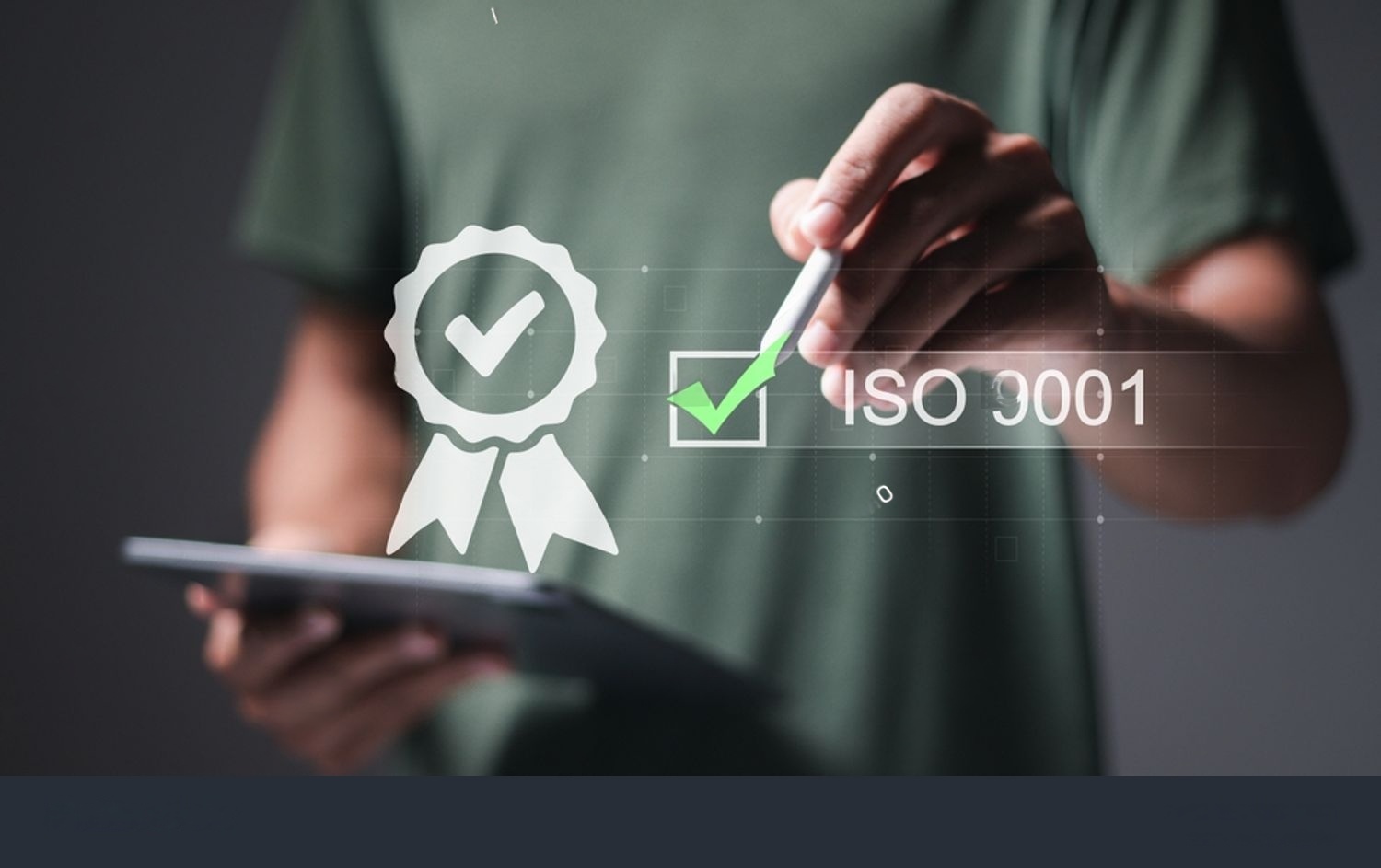How ISO 9001 Certification Supports Qatar’s Vision 2030 for Sustainable Development

Qatar’s National Vision 2030 is all about building a strong, sustainable future. It aims to create a diverse, knowledge-based economy while protecting the environment and promoting social development. To achieve this, businesses and government organizations need clear and practical tools—and ISO 9001 certification in Qatar is one of the most effective. This article explains how ISO 9001 helps organizations contribute to the key goals of Vision 2030 through quality management, operational efficiency, and continuous improvement.
What Is ISO 9001 Certification?
ISO 9001:2015 is an international standard for Quality Management Systems (QMS) that helps organizations improve operations, enhance customer satisfaction, and deliver consistent results. It applies to all sectors including manufacturing, services, healthcare, education, and government.
By implementing ISO 9001, Qatari organizations can demonstrate commitment to quality, compliance, stakeholder satisfaction, and continuous improvement—core values that align with Qatar’s long-term national vision. The standard also promotes risk-based thinking, regulatory compliance, and a customer-centric approach to service and product delivery. Additionally, it fosters better documentation, internal audits, and management reviews that help companies maintain a high level of accountability and transparency.
How ISO 9001 Certification Aligns with Qatar’s Vision 2030
Qatar National Vision 2030 is based on four key pillars: economic, human, environmental, and social development. Here’s how ISO 9001 supports each pillar:
1. Economic Development
- Drives operational excellence and productivity through performance evaluation.
- Reduces costs by minimizing rework and waste.
- Enhances supply chain optimization and product reliability.
- Builds credibility in international markets, supporting export-readiness for Qatari SMEs.
- Encourages innovation and data-driven decision-making in production and service delivery.
Example: A certified manufacturing firm in Doha gains access to export markets, helping drive diversification in Qatar’s economy and contributing to global competitiveness.
2. Human Development
- Promotes a culture of performance, learning, capacity building, and accountability.
- Encourages leadership development and employee engagement through structured training programs.
- Aligns workforce skills with organizational and national goals in line with Qatar’s human capital development priorities.
- Increases employee retention through engagement in structured roles and responsibilities.
Example: A Mesaieed-based healthcare provider uses ISO 9001 to standardize staff training, directly improving care quality and job satisfaction.
3. Environmental Development
- Encourages resource-efficient processes that align with environmental responsibility and sustainability.
- Forms the foundation for integrating standards like ISO 14001:2015 (Environmental Management) in an integrated management system (IMS).
- Reduces environmental risks through better planning, monitoring, and control of activities.
- Promotes energy conservation and waste reduction strategies.
Example: A logistics company in Ras Laffan combines ISO 9001 with ISO 14001 to reduce emissions, fuel usage, and environmental impact—improving both quality and environmental performance.
4. Social Development
- Supports good governance, transparent service delivery, and stakeholder engagement in both public and private institutions.
- Improves public services such as education, healthcare, and utilities through structured quality frameworks.
- Helps organizations meet the needs of diverse community stakeholders by integrating social responsibility into their operational frameworks.
Example: A government body in Dukhan improves service delivery by applying ISO 9001 principles in public administration, reinforcing public trust.
Benefits of ISO 9001 Certification for Qatari Organizations
- Alignment with Qatar Vision 2030 goals and public sector reform
- Compliance with international quality standards and regulatory frameworks
- Enhanced business reputation, credibility, and marketability
- Greater customer satisfaction, loyalty, and stakeholder confidence
- Reduced costs, enhanced productivity, and effective risk management
- Easier integration with other ISO standards (e.g., ISO 45001, ISO 14001, ISO 27001, ISO 22000)
- Improved internal communication, process visibility, and accountability
- Boosted investor confidence through reliable and consistent outputs
Why ISO 9001 Is a Strategic Investment for Qatar’s Future
Whether you're a small business, large enterprise, or government agency, ISO 9001 certification offers tangible benefits that align with national objectives. For companies in Doha, Dukhan, Ras Laffan, and Mesaieed, it improves efficiency, empowers people, and ensures sustainable growth—all key drivers of Vision 2030.
Organizations that adopt ISO 9001 demonstrate a long-term commitment to quality assurance, regulatory compliance, and customer satisfaction—cornerstones of a resilient and knowledge-based economy envisioned in the national strategy. The standard serves not just as a technical guideline, but as a strategic framework for transformation, competitiveness, and resilience in both domestic and international markets.
Final Thoughts
Achieving the goals of Qatar’s Vision 2030 requires organizations to adopt international best practices. ISO 9001 offers a structured, proven approach to quality and continuous improvement. It’s not just about meeting requirements—it’s about leading the way in national transformation. Whether improving product quality, building stronger teams, or enhancing stakeholder trust, ISO 9001 helps lay the foundation for sustainable progress in Qatar.
Note: IndiBlogHub features both user-submitted and editorial content. We do not verify third-party contributions. Read our Disclaimer and Privacy Policyfor details.







